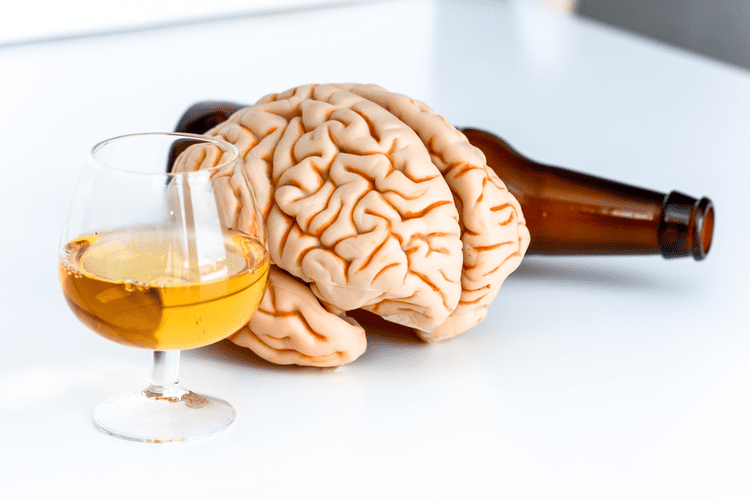Building and maintaining social connections, whether through support groups, family, or activities you love, is often the most effective way to beat loneliness. Connecting with fellow recovering individuals and attending support group meetings can be a huge help. Nurture your relationships with friends and family who get what you’re going through and are there to support you.
Building Meaningful Connections
- Recovery isn’t a destination but an ongoing journey marked by continuous growth and self-kindness.
- Engaging in activities that enhance personal growth not only boosts self-esteem but also counters loneliness by providing a sense of purpose and accomplishment.
- Having observed loneliness in sobriety mentioned in a few communities, here’s my take.
Finding other people going through what I was experiencing was a relief and definitely helped me feel connected. My low self-esteem made it very difficult to make new friends or even reach out to family. I think my previous failed attempts at sobriety were linked to not connecting with others and in my loneliness, I turned back to alcohol; the only crutch I knew.

How to Stay Sober – My Toolbox Tips
At Fountain Hills Recovery, we specialize in treating mental health, addiction, and substance use disorders. We address various issues such as mental health, behavioral health, addiction, and eating disorders. Our therapy options include EMDR, trauma therapy, group therapy, Alcoholics Anonymous family therapy, adventure therapy, art therapy, equine therapy, meditation, and yoga therapy.
- Practicing mindfulness techniques, such as meditation or a digital detox, can enhance satisfaction in daily life.
- Therapy sessions can explore underlying emotional issues, develop coping skills, and address negative self-talk.
- It allows them to forgive past mistakes and recognize their journey toward healing.
- This takes some discipline, but if you’re feeling lonely, meditate.
How to Recognize Your Marijuana Addiction

As a human being, you crave being connected to and close to others. However, you feel isolation and loneliness when you lack the resources, knowledge, and support to connect with others. While there are times where you desire to be alone, experiencing loneliness is https://mahirdigital.com/choose-the-correct-cycle-of-addiction-discovering-2/ both unpleasant and distressing. Research shows that lonely individuals often experience higher levels of inflammatory markers, which may contribute to stroke and heart disease.
Whether you are struggling with mental illness, substance abuse, or dual diagnosis, The Berman Center will help you find peace, health, and freedom. Contact us to learn more about our intensive outpatient programs and dual diagnosis treatment in Atlanta. In early recovery from addiction, feelings of loneliness are common and often unavoidable. Many individuals experience a sense of emotional disconnection after leaving rehab, as they shed toxic relationships and adjust to a new lifestyle. Recognizing that loneliness is a natural part of this transitional phase can help reduce feelings of shame or guilt.
How to Develop a Strong Identity Beyond Addiction
These experiences significantly affect mental and physical health. Mentally, loneliness can increase risks of depression, anxiety, and suicidal thoughts. Physically, the effects include poor sleep, increased pain, and impaired immune function, all of which can complicate recovery. By being attentive to these signs and responses, individuals in recovery can take proactive steps to manage loneliness and support their ongoing mental health journey. Loneliness loneliness in sobriety in sobriety is more common than people think—and more manageable than it feels. If you’re in the middle of it, you’re not weak, broken, or failing.